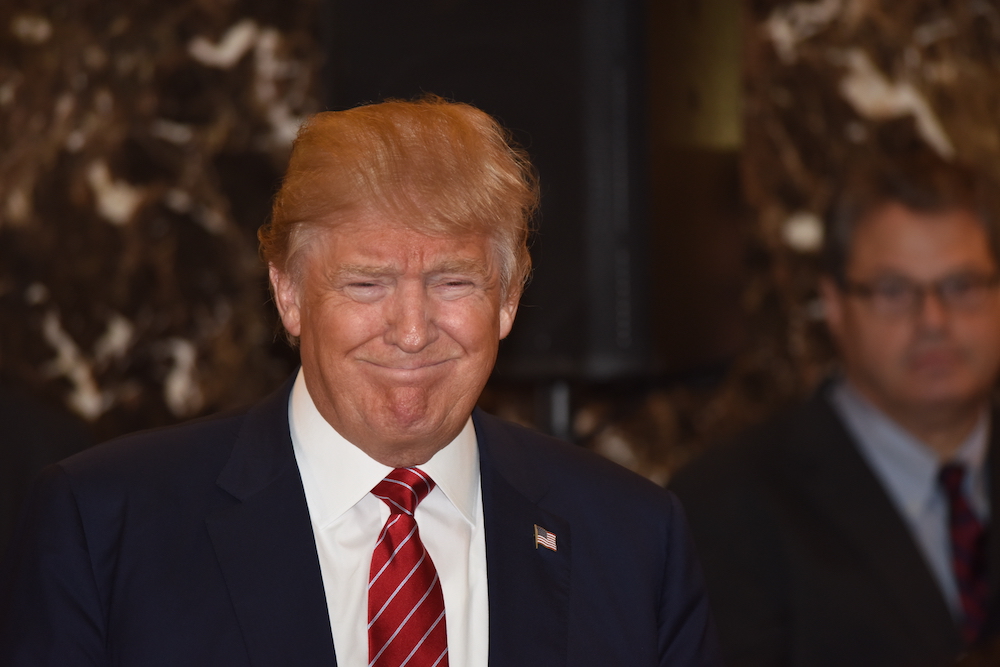Politics
BREAKING: Trump Is Back On The Ballot In Maine

Former President Donald Trump has secured a path to appear on the Maine Republican presidential primary ballot following a contentious decision by the state’s highest court.
The Maine Superior Court has ordered a stay on the ruling by Secretary of State Shenna Bellows, which had initially invalidated Trump’s primary petition on baseless grounds of disqualification under the Fourteenth Amendment and alleged insurrection involvement.
The Court’s decision arrives amidst a broader legal tussle over Trump’s eligibility, with the Secretary’s ruling being stayed pending a decisive ruling from the United States Supreme Court in a related case, Trump v. Anderson.
The stay is a rare legal maneuver in Maine but deemed necessary due to the extraordinary circumstances and the Supreme Court’s engagement with the matter.
The Secretary of State’s original ruling had concluded that Trump’s candidate consent form contained a false statement and cited his disqualification under the Fourteenth Amendment, which prohibits individuals from holding office if they have engaged in insurrection after taking an oath to support the Constitution.
On appeal, Trump contended that the Secretary exceeded her authority, claimed a lack of due process, and alleged bias. He also argued that the Fourteenth Amendment could not be used to invalidate his primary petition as a matter of law.
“The Court would note at the outset that the Secretary and all the parties in this case, in light of the United States Supreme Court’s acceptance of President Trump’s petition for writ of certiorari for review of the Colorado Supreme Court’s decision, have agreed that the Secretary’s Ruling should continue to be stayed pending the United States Supreme Court’s decision in Trump v. Anderson,” the court document read.
“The Court has also concluded that because there are so many federal issues in Anderson, it would be imprudent for this Court to be the first court in Maine to address them.”
The legal argument has touched upon several critical issues, including whether Trump’s alleged actions constitute insurrection and whether state actors, like the Secretary of State, have the jurisdiction to adjudicate claims of disqualification under the Fourteenth Amendment.
“The Court therefore accepts this agreement and orders that the Ruling of the Secretary shall be stayed until the Supreme Court renders its decision in Anderson.”
Section 3 of the 14th Amendment to the United States Constitution, often referred to as the Disqualification Clause, addresses the issue of certain individuals being barred from holding any federal or state office.
Specifically, this clause applies to anyone who, having previously taken an oath as a member of Congress, or as an officer of the United States, or as a member of any state legislature, or as an executive or judicial officer of any state, subsequently engages in insurrection or rebellion against the same, or gives aid or comfort to the enemies thereof.
While the Superior Court has denied Trump’s motion to supplement the record and his motion to stay proceedings, it has recognized the necessity of remanding the matter to the Secretary in light of the anticipated Supreme Court decision. The Secretary is ordered to issue a new ruling within thirty days following the Supreme Court’s decision in Anderson.
The outcome of the Supreme Court case is poised to have significant implications for Trump’s candidacy in 2024 and a broader interpretation of the Constitution in electoral qualifications.

